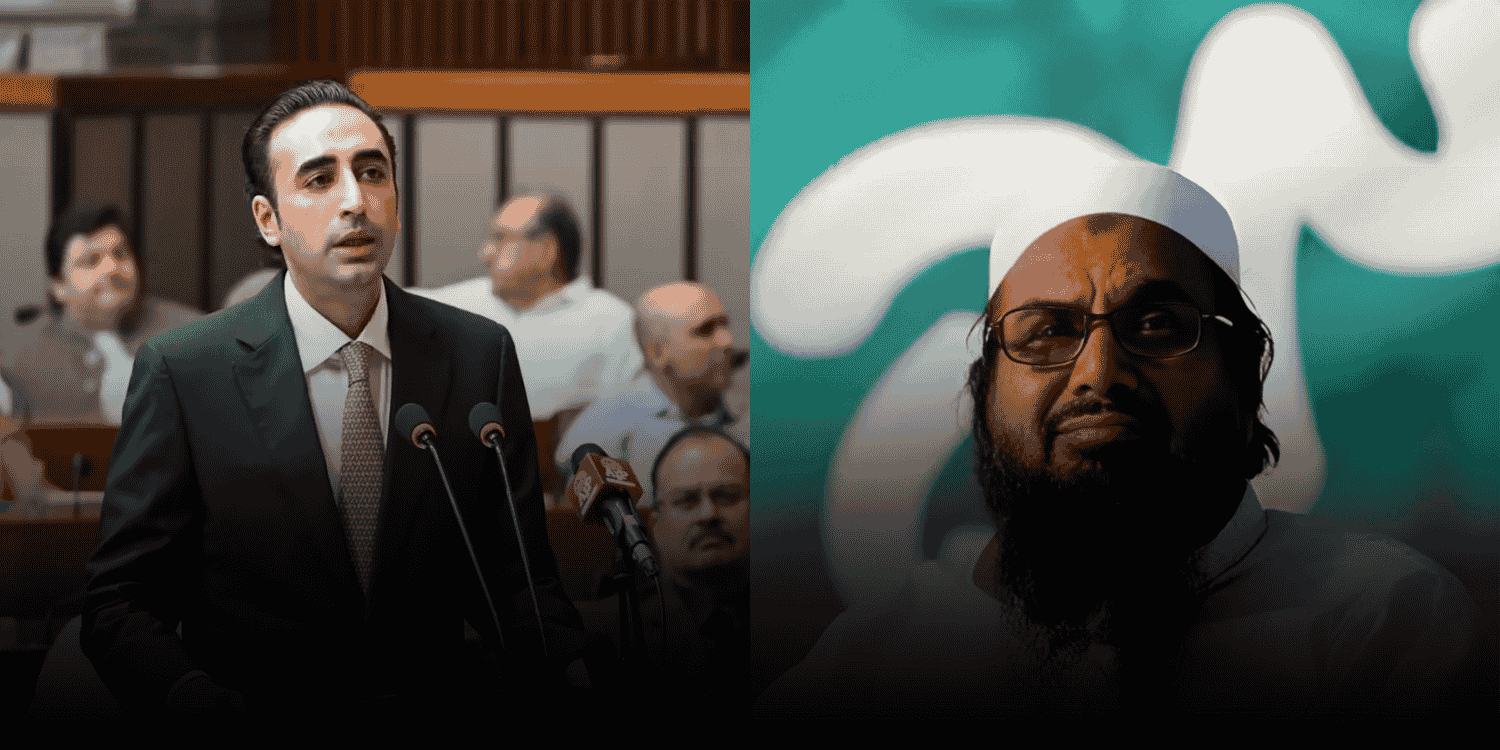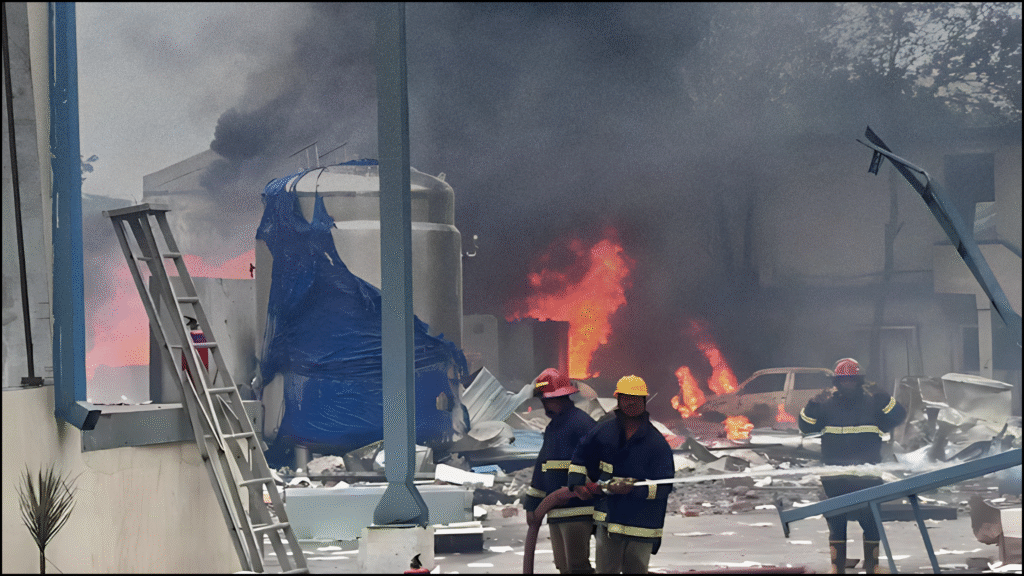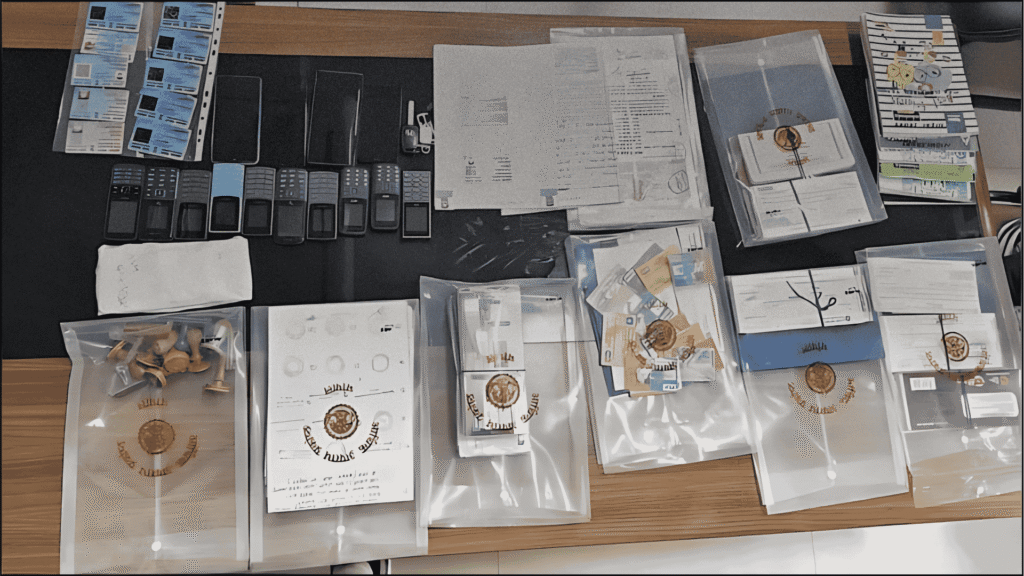In a surprising turn of events, Bilawal Bhutto Zardari, chairman of the Pakistan People’s Party (PPP) and former foreign minister, ignited a political firestorm in Pakistan with his July 4, 2025, interview on Al Jazeera. Bhutto suggested that Pakistan could consider extraditing high-profile terrorists like Lashkar-e-Taiba (LeT) chief Hafiz Saeed and Jaish-e-Muhammad (JeM) chief Masood Azhar to India as a “confidence-building measure,” provided India cooperates legally. This statement, made against the backdrop of strained India-Pakistan relations and the suspension of the Indus Waters Treaty, has drawn fierce criticism domestically and skepticism from India. This blog delves into the controversy, its domestic and international implications, and Bhutto’s concurrent political activities in Pakistan.

The Extradition Controversy: A Bold or Reckless Move?
During the Al Jazeera interview, Bhutto claimed that Pakistan would not oppose extraditing “individuals of concern” like Hafiz Saeed, the mastermind behind the 2008 Mumbai attacks, and Masood Azhar, linked to multiple terrorist acts in India. He stated that Saeed is in Pakistani custody and suggested Azhar might be in Afghanistan, adding that Pakistan would arrest Azhar if India provided precise location data. Bhutto framed this as part of a “comprehensive dialogue” to address terrorism, but his remarks were conditional on India providing legal cooperation, such as witnesses for trials in Pakistani courts.
The statement triggered an immediate backlash in Pakistan. Talha Saeed, Hafiz Saeed’s son and a designated global terrorist, called Bilawal Bhutto remarks “irresponsible” and “against Pakistan’s national interest.” He accused Bhutto of shaming Pakistan globally and aligning with India’s narrative, demanding instead the extradition of Indian leaders. Similarly, the Pakistan Markazi Muslim League, a political offshoot of LeT, labeled Bhutto’s comments as promoting India’s agenda, alleging India orchestrates terrorism in Pakistan.
The Pakistan Tehreek-e-Insaf (PTI), led by jailed former PM Imran Khan, was equally scathing, branding Bilawal Bhutto an “immature political child” whose remarks undermine Pakistan’s national security and betray the legacy of his grandfather, Zulfikar Ali Bhutto, tied to the Kashmir issue. PTI spokesperson Sheikh Waqas Akram questioned Bhutto’s motives, accusing him of appeasing India. Posts on X echoed this sentiment, with users like @AsYouNotWish dismissing Bhutto’s offer as “classic double-speak” and likening it to a hollow diplomatic gesture.
Geopolitical Context: Indus Waters Treaty and FATF Pressure
Bilawal Bhutto remarks come at a critical juncture. India’s recent decision to suspend the Indus Waters Treaty, a vital agreement for Pakistan’s water security, has heightened tensions. Bhutto had previously taken a hardline stance, threatening war or to seize Indian rivers if the treaty was not upheld. His sudden shift to offering extradition as a goodwill gesture has led analysts to speculate it’s a strategic move. Major Gaurav Arya (Retd) suggested the Pakistani establishment might be using Bhutto to signal peace amid treaty tensions, as he lacks governmental authority and his statements can be retracted if backlash grows.
Additionally, Pakistan faces pressure from the Financial Action Task Force (FATF) to dismantle terror networks ahead of its 2025 review. Intelligence sources indicate a rift between Pakistan’s political class, which seeks international legitimacy, and jihadist groups historically supported by the military. Bhutto’s remarks may reflect this tension, though sources assert Pakistan is unlikely to extradite terror leaders due to internal security risks from radical groups.
India’s Response: Skepticism and Demands for Action
India has responded cautiously. Defence Minister Rajnath Singh emphasized that Pakistan must dismantle terror networks before any dialogue, dismissing Bilawal Bhutto offer as insufficient without concrete action. India has provided extensive evidence, including over 1,000 dossiers on the Mumbai attacks, which Pakistan has not acted upon, fueling skepticism about Bhutto’s credibility. Analysts argue that Bhutto’s lack of current governmental authority—his father, Asif Ali Zardari, is Pakistan’s president—renders his offer symbolic at best.
Domestic Political Activity: Bhutto’s Stance Against PTI
Amid the extradition controversy, Bhutto has been active domestically. On July 7, 2025, he condemned the arrest of Malik Farhan Afzal Dhup, the PPP’s district president in Dera Ismail Khan, by the PTI-led Khyber Pakhtunkhwa government. Bhutto called it “political revenge” and criticized PTI’s governance, referencing a recent tragedy in Swat to highlight their neglect of public welfare. He urged human rights organizations to intervene and demanded Farhan’s release. This move underscores ongoing tensions between PPP and PTI, with Bhutto positioning himself as a defender of his party’s interests.
Implications and Outlook
Bhutto’s extradition remarks have exposed deep fissures in Pakistan’s political and security landscape. While some see it as an attempt to project a progressive image globally, others view it as a risky move that could provoke jihadist backlash. The controversy highlights the complex interplay of domestic politics, military influence, and international pressures like FATF and the Indus Waters Treaty. For India, the offer lacks credibility without actionable steps, given Pakistan’s history of shielding terrorists.
As Pakistan navigates these challenges, Bilawal Bhutto role as PPP chairman and a prominent political figure will remain under scrutiny. His ability to balance domestic expectations with international diplomacy will shape his political future and Pakistan’s relations with India.


